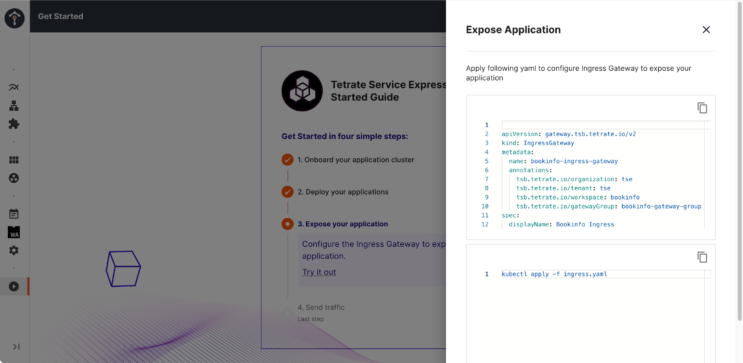Popular image pinboarding and shopping inspiration site Pinterest provided an update on its recently announced Amazon partnership and its other efforts around AI during its Q2 2023 earnings this week. The company in April announced a multi-year deal with Amazon that saw the e-commerce giant become Pinterest’s first partner on third-party ads. Those efforts are now progressing faster than expected, Pinterest suggested in a call with investors. It additionally stressed how its AI investments were aiding across the site in areas like engagement, relevance, and ads.
With the Amazon deal underway, when Pinterest users click on an Amazon ad on Pinterest, they’ll be taken directly to Amazon to make the purchase. Investors naturally were keen to get a better understanding of how well those efforts were helping the company now boost its bottom line.
Pinterest, however, stressed that this partnership involves a multi-quarter implementation where meaningful revenue impacts won’t likely be seen until early 2024.
But CEO Bill Ready noted the company had already been testing live traffic with Amazon ads and was “very pleased” with the pace of implementation and the early results. He added that the company believes Amazon will bring more shoppable content to the site.
While the company declined to share the results of the early tests in detail, noting it would share more at its investor day on September 19th, Ready noted the efforts were already paying off.
“One of the biggest things we’re happy about is that we’re seeing improvement and relevancy even beyond what were already very optimistic expectations on our side,” the CEO said. “And so, as we see that it’s contributing to more relevant shopping content that further bolsters our view that we can take ad load much higher.”
The company doesn’t break out its ad load specifically but said it had already been growing at 30% plus year-over-year in terms of overall monetizable supply while also increasing engagement. This, explained Ready, is proving that “we can grow ad load while also making it relevant engagement driving content for our users.”
The exec also told investors the partnership was “pacing ahead of expectations,” but Pinterest was now working to make sure that it got the relevancy right for the user.
AI may help in that regard.
Pinterest said that it’s now using “next-generation AI technologies” to surface more relevant and personalized content and improve ad relevance, drive more intent to action, and focus its content strategy to bring more actionable content from sources like users, creators, publishers, and retailers.
That includes using AI combined with other first-party signals to recommend brands and products that aligned with the individual user’s preferences.
As one example, it launched a new “shop-to-look” module for home decor and fashion Pins that uses AI to recommend shoppable products from merchants.
The company also cited AI as aiding with its 8% global monthly active user growth to 465 million and increased user engagement.
Pinterest had begun moving to next-gen AI a year ago, it told investors, allowing it to use recommender models that were 100x larger than before, which it then combined with its own first-party proprietary data and AI computer vision and search technologies. As a result, perceived relevance has increased 10 points year-over-year to 94%, the company said.
This year, it’s begun recommending content that users are likely to share to improve the retention of core users and grow visits from dormant users.
Pinterest is also leveraging next-gen AI in advertising, resulting in a 5% reduction in cost per action and a 10% lift in click-through rates, it claims.
In response to an investor question that bigger companies like Google, Meta, and Apple would dominate in AI, Ready pointed out that not only are the big players externalizing those capabilities through cloud compute, the open source community is also advancing rapidly.
Pinterest beat on earnings in the quarter with revenue up 6% to $708 million, which topped analysts’ expectations for $696 million, per FactSet. Adjusted earnings per share grew from $0.11 to $0.21, exceeding analysts’ expectations for EPS of $0.12.
However, the stock dropped post-earnings as Wall Street reacted to Q3 guidance that missed the mark.




